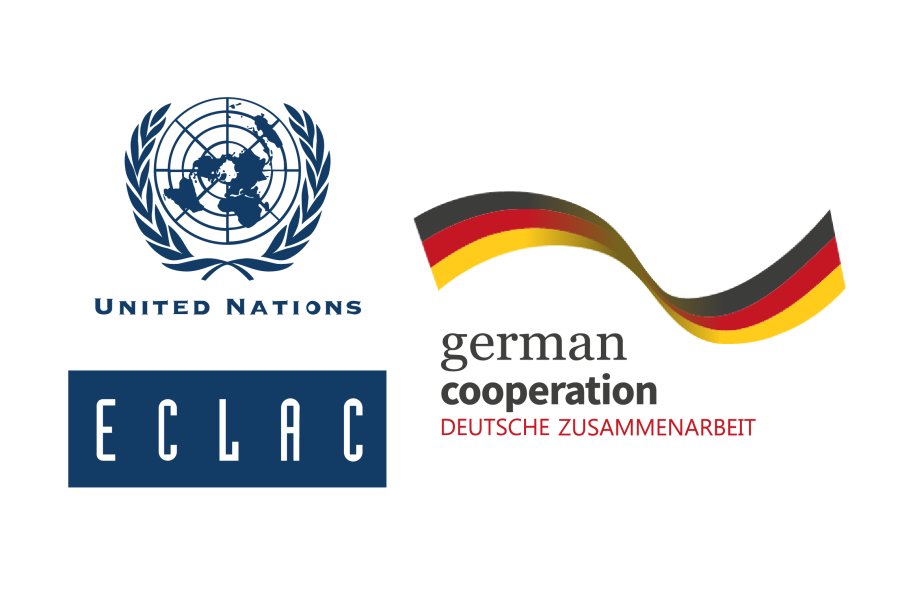Government representatives and ECLAC experts discussed the challenges of industry, employment, gender equality and social development in the context of the technological revolution
Work area(s)
Representatives of the governments of Argentina, Chile and the Dominican Republic participated in the side event on "Technological Revolution: Challenges and Opportunities for Industry, Employment, Gender Equality and Social Development", which took place on Wednesday, April 24th, 2020. The event was organized by the Divisions of Social Development (DDS), Production and Enterprise Development (DPPE), Economic Development (DDE) and Gender Affairs (DAG) with the support of the Deutsche Gesellschaft für Internationale Zusammenarbeit (GIZ).

Mario Castillo, the Gender Affairs Division (DAG) Senior Economic Affairs Officer, opened the event and presented the ECLAC-BMZ/giz cooperation project, which aims at strengthening the capacities of Latin American and Caribbean countries to take broad and inclusive advantage of digital change.
Next, Jürgen Weller, Head of the Economic Development Division’s (DDE) Unit of Employment Studies, delivered the presentation “New technologies and the risks of substituting human labor - a Latin American perspective", where the opportunities and challenges posed by the technological revolution in the field of labor were analyzed. He also talked about the challenges in the areas of education, gender gap, skills, digital gaps in vulnerable groups, regulation and the great challenge of addressing these topics with a comprehensive approach from public policies.
The panel was led by Valeria Jordán, Economic Affairs Officer of the Division of Production and Enterprise Development (DPPE), and included the participation of Rosa María Suarez, Technical Director of the Dominican Republic Social Policy Coordination Cabinet; Gabriela Agosto, Executive Secretary of the Argentinian National Council for Social Policy Coordination; and María José Ochagavía, Advisor and Ministerial Head of Gender of the Chilean Ministry of Labor and Social Security.
During the event, the opportunities and challenges of the technological revolution were addressed, emphasizing the importance of these changes being inclusive, for which institutional strengthening is required. It was also stressed that there is a need to develop transversal capacities and skills, as well as the positive impact that technology can have on social development in the countries of the region.
A major topic was the future of work and its social implications, as well as the effects it will have on female employment, with high rates of informality in the region. The importance of the existence of global and regional pacts was also highlighted, in order to avoid the deepening of inequalities between and within countries.
During the event, civil society representatives also brought topics such as entrepreneurship, unpaid labor, institutional transformations, taxation issues and governance in the context of the technological revolution to discussion.
Finally, Rodrigo Martínez, Senior Social Affairs Officer of the Division of Social Development (DDS), highlighted the relevance of technological development policies, considering not only productivity gains but also the associated social impacts. He concluded that the changes in Industry 4.0 lead to the definition of 4.0 work and a 4.0 society and require 4.0 public policies in conjunction with 4.0 institutionality.
Related content

Revolución tecnológica: desafíos y oportunidades para la industria, el empleo, la igualdad de género y el desarrollo social en América Latina y el Caribe
Organizado por la División de Desarrollo Productivo y Empresarial, la División de Desarrollo Social, la División de Desarrollo Económico y la División de Asuntos de Género de la CEPAL

